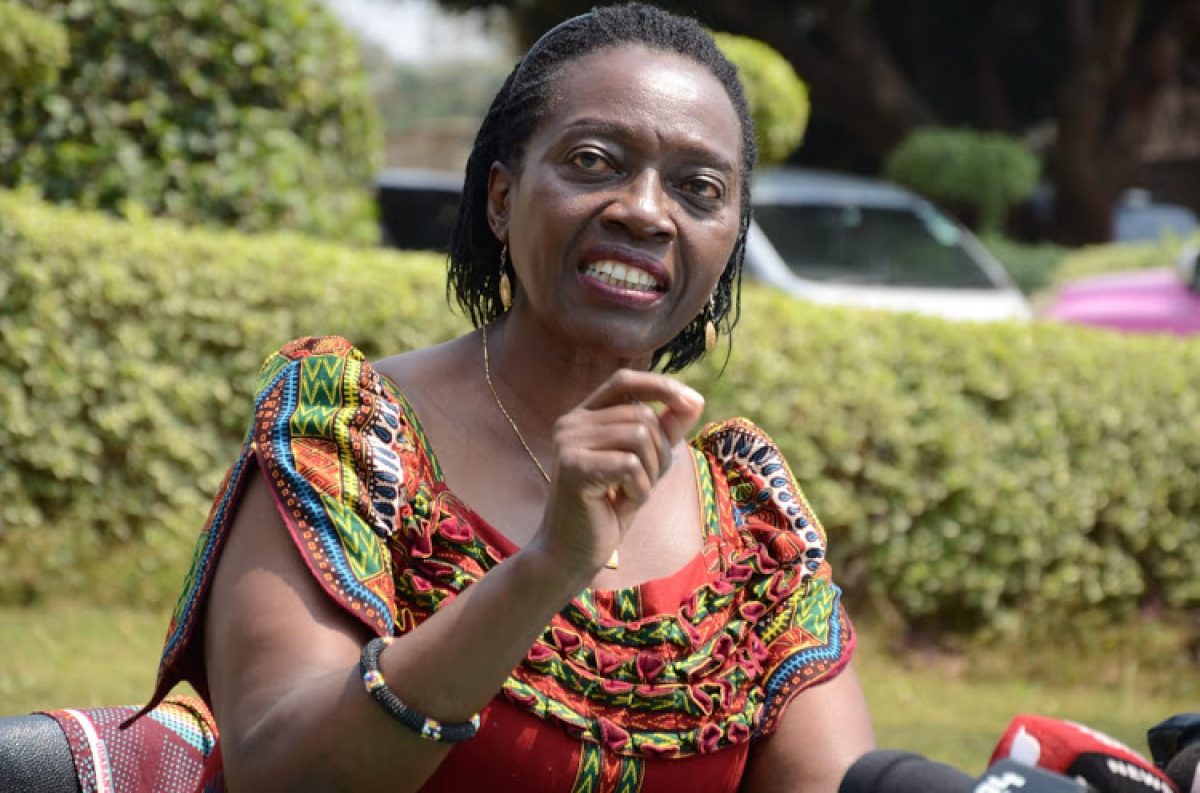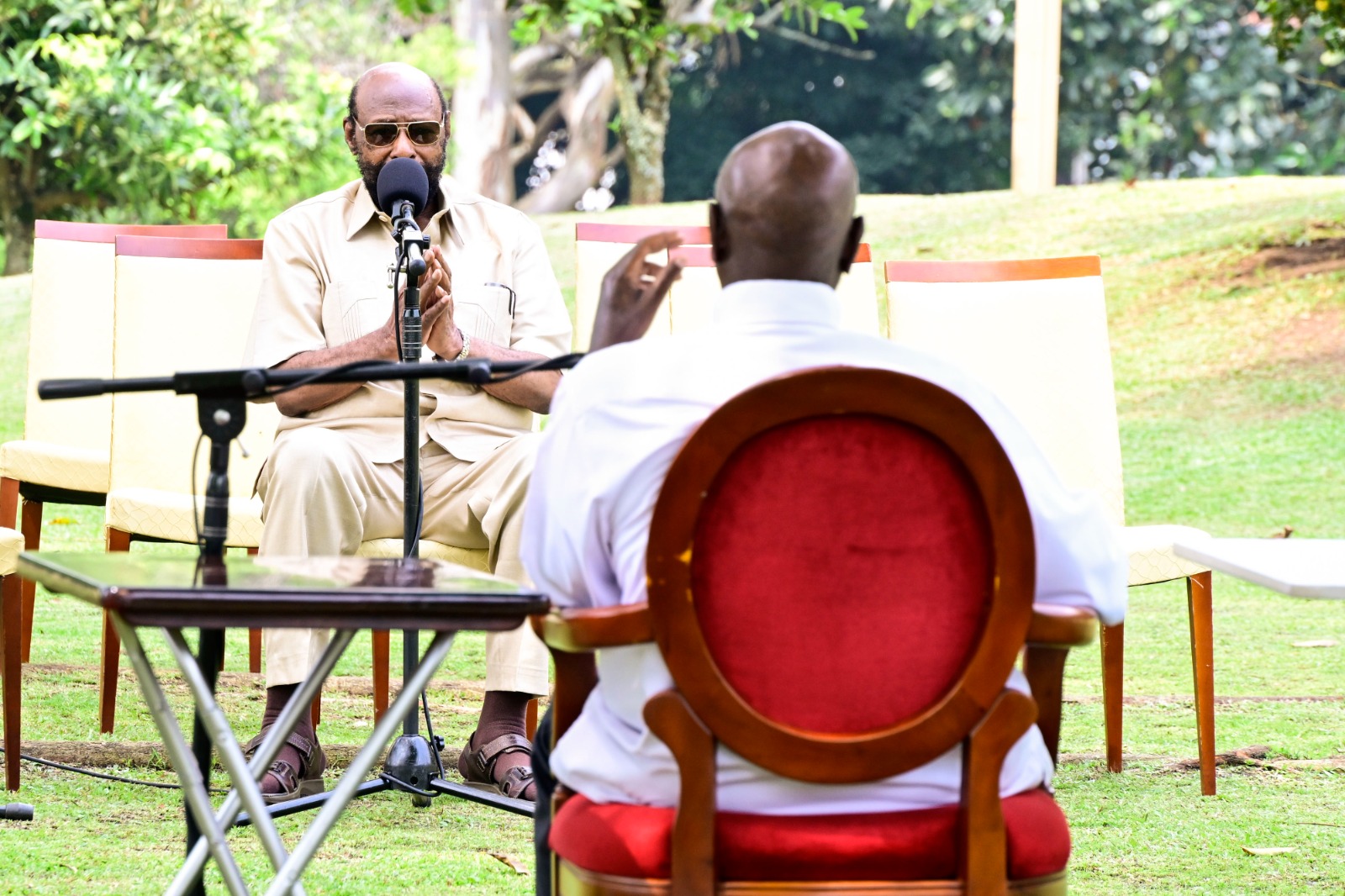(Paris) – Senegal and Chad have strongly condemned remarks made by French President Emmanuel Macron, in which he suggested that Sahelian countries were ungrateful for France’s role in helping fight militant insurgencies in the region. Macron’s comments, made on Monday, came amid the ongoing withdrawal of French troops from West African countries, and sparked a backlash from leaders in the region.
During an annual ambassadors’ conference in Paris, Macron asserted that the Sahel states had “forgotten” to thank France for its military intervention in the region. He claimed that no Sahelian nation would be a sovereign state today without France’s efforts, which he said had prevented these countries from falling under the control of jihadist militants.
In response, Chad’s Foreign Minister Abderaman Koulamallah expressed the country’s dismay over Macron’s statements, which he said reflected a deep disrespect for Africa. “Chad expresses its deep concern following the remarks made recently by [the French president], which reflect a contemptuous attitude towards Africa and Africans,” Koulamallah said on national television. He called on French leaders to learn to respect African people and acknowledge the sacrifices they had made in the fight against militancy.
Senegal’s Prime Minister Ousmane Sonko also criticized Macron’s comments. He pointed out that France had contributed to destabilizing African nations, notably Libya, and that this had serious consequences for the region’s security. “France has neither the capacity nor the legitimacy to ensure Africa’s security and sovereignty,” Sonko said in his statement. He further stated that Senegal’s decision to ask French troops to leave the country was made without negotiation with France, but rather was a decision based on Senegal’s “sole will as a free, independent, and sovereign country.”
Macron made the controversial remarks while addressing an annual ambassadors’ conference in Paris. He said that France was reorganizing its strategic interests in the region but rejected the idea that its withdrawal from Africa had been a result of pressure or defeat. Macron had deployed French troops to Mali in 2013 to respond to an Islamist insurgency, and the mission was later extended to other countries, including Niger and Burkina Faso. He defended the intervention, stating, “We were right [to deploy]. I think someone forgot to say thank you. It’s okay, it will come with time.” He also remarked that no African country would have achieved sovereignty without France’s intervention.
Both Sonko and Koulamallah reminded Macron of the significant contributions African soldiers had made during the world wars, including the Second World War. “Had African soldiers, sometimes forcibly mobilized, mistreated and ultimately betrayed, not been deployed during the Second World War to defend France, it would perhaps still be German today,” Sonko pointed out.
Recently, several African nations have distanced themselves from France. Chad, Senegal, and Ivory Coast have all ended security agreements with France, while the junta-led governments in Mali, Burkina Faso, and Niger have ordered French troops to leave their countries following military coups. France’s influence in the region has waned in recent years, largely due to accusations of neo-colonialism and exploitative relationships with its former colonies. These issues have prompted many African countries to reconsider their partnerships with France, with some turning towards Russia for support.
Chad’s Foreign Minister Koulamallah also emphasized that France’s contributions to the country’s security were primarily driven by its own strategic interests. He pointed out that despite a 60-year partnership, France had not provided sufficient support in addressing Chad’s internal instability and other challenges. In November, Chad ended its defense agreement with France, stating that it was time for the country to assert its full sovereignty and redefine its strategic alliances based on national priorities.




















